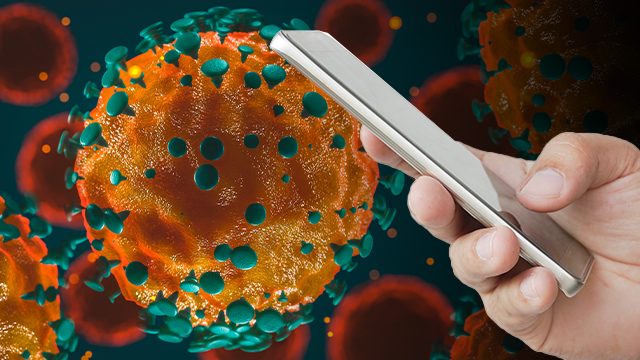SUMMARY
This is AI generated summarization, which may have errors. For context, always refer to the full article.

MANILA, Philippines – When the International Fact Checking Network (IFCN) launched the collaborative project to fight misinformation and disinformation surrounding the novel coronavirus in January, an initial 48 organizations signed up.
Nearly 5 months later, 99 organizations have contributed to the project and debunked over 6,000 false claims related to the coronavirus.
“It grew organically,” said Jules Darmanin, project coordinator of the IFCN, at the Global Fact 7 conference on Tuesday, June 23. (READ: Fact checking, free press critical amid pandemic – U.N. communications chief)
Members of the alliance from Taiwan, India, and France participated in the panel titled “CoronaVirusFacts Alliance: Lessons Learned.”
Rappler, which has been part of the project since January, has published at least 116 fact checks related to COVID-19 to date.
Collaboration is key
Summer Chen, editor in chief of Taiwan FactCheck Center, said they warned IFCN in January that the novel coronavirus outbreak in Wuhan, China, could be a global issue.
“We know Chinese politics and know how to read its statements and date,” Chen said. This prompted the launch of the collaborative project spearheaded by IFCN.
IFCN has maintained and organized a database to track the types of misinformation and disinformation related to coronavirus and the events that happened because of it – such as lockdowns and economic activities. The database has been made available to the public and is still being updated regularly.
“After being the coordinator of this project I’ve come to the realization that collaboration is by far the most important tool to fight misinformation that no law or regulation will be strong and good enough. Collaboration is the key to win this battle against hoaxes and falsehoods,” IFCN associate director Cristina Tardáguila said.
The database has had more than a million page views and is available in 3 languages: English, Spanish, and Portuguese.
The infodemic
Darmanin said that, at the global level, he noticed that there were two phases in the surge of false information surrounding COVID-19 based on the fact checks published by different organizations.
He said the first is composed of misinformation mostly from “well-meaning people” – such as supposed cures, vaccines, and other types of treatments. The second phase is already disinformation, such as posts containing conspiracy theories.
Darmanin added that most of the members of the alliance are now starting to see more claims belonging to the second phase, which is harder to debunk.
“The first phase came from anxiety, the second stand from distrust. Our alliance equipped itself properly to tackle the first phase, but we need to work more,” he said.
Fact checking during a pandemic
For fact checkers, the project provided more opportunities to work with other fact checking organizations from all over the world. It also helped the organizations establish themselves as reliable sources of information internationally.
“The global became local for us. We are not alone,” said Rahul Namboori, co-founder of Indian fact checker FactCrescendo. “It is the alliance that got us globally.”
Grégoire Lemarchand, deputy editor in chief and head of fact checking at Agence France-Presse, said that fact checking helped increase their website traffic by 140% compared to 2019.
“Feeling useful is our natural fuel – our main motivation as fact checkers,” Lemarchand said. “Our global network has never been as meaningful and useful as during coronavirus.” – Rappler.com
Add a comment
How does this make you feel?
There are no comments yet. Add your comment to start the conversation.